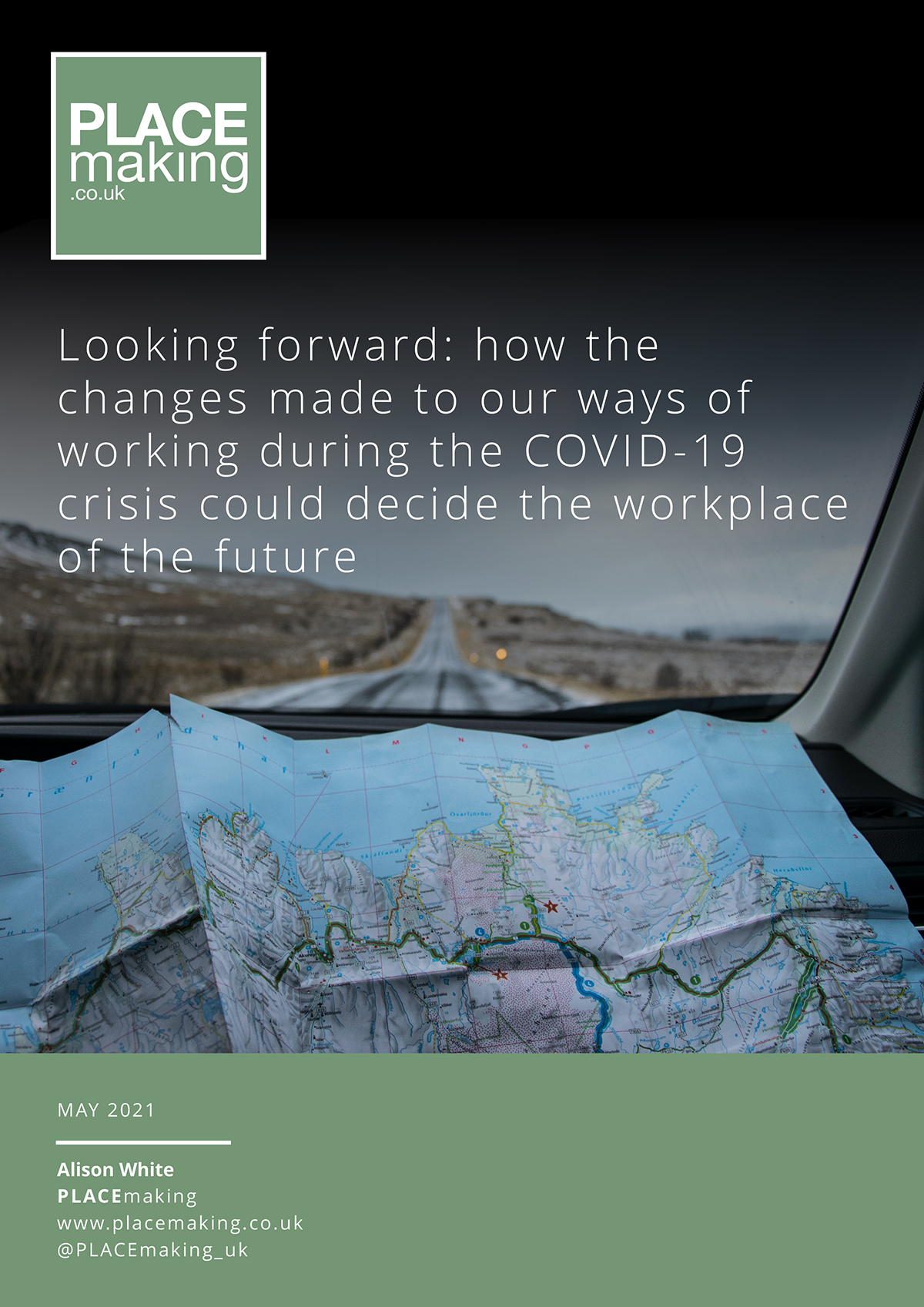Here, Alison White discusses navigating the ‘new normal’ – how will changes to ways of working during COVID-19 stay with us?
With the ‘unlockdown’ looming, people are wondering what their working weeks will look like. Will it be a hybrid affair, with a few days in the office and out? Or will some, emboldened by vaccinations, rush their workforce to the office full-time? What do people generally want to do?
The choices available to each individual who used to work in an office will be different, depending on the culture of the company or office they work for. However, there is a similar decision-making matrix happening behind the scenes.
The COVID-19 crisis forced a rate of change on the world that is unprecedented. For those who work in offices, the time at home has created room for deeper understanding about how work fits into their lives. For some, removing the daily commute has led to an increase in productivity and personal well-being. For others, the lack of morning pre-work travel made their ascent into work-mode a more abrupt, difficult thing.
Alison White explains: “What many people are calling for is more choice about where, when, and how we ‘go to work’ that needs a rethink – they know why they work.”
What is it that people miss most about in-person offices? For many, it is the “intangible joy” of socialisation. This kind of interaction is difficult to replicate remotely, despite the abundance of technology that is available.
So now, with the ‘unlockdown’ rolling ahead in the UK, offices will be making quiet decisions across the country. The factors behind these decisions are all explored in depth here, as White dives into the historical precedent for where we are at right now and her expertise of workplace culture in the UK.
To understand what the ‘new normal’ could be after the COVID-19 crisis, read what experts in workplace dynamics have to say about it.


